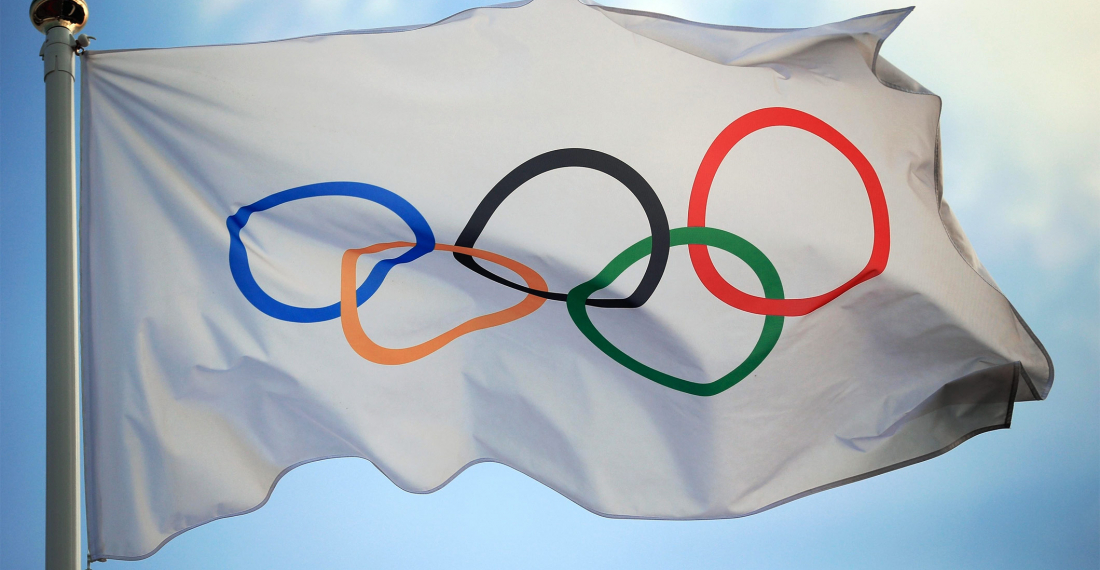In a statement published yesterday (7 December), the International Olympic Committee (IOC) executive board announced that it is banning all currently elected members of the National Olympic Committee (NOC) of Belarus from attending all IOC events and activities, including the Olympic Games, until further notice.
The IOC emphasised that this decision is in response to allegations that the Belarusian NOC has not appropriately protected Belarusian Athletes from political discrimination within the NOC:
“In view of the allegations and elements received by the IOC and the responses provided by the NOC of Belarus, the IOC has come to the conclusion that it appears that the current NOC leadership has not appropriately protected the Belarusian athletes from political discrimination within the NOC, their member sports federations or the sports movement. This is contrary to the fundamental principles of the Olympic Charter, and therefore seriously affects the reputation of the Olympic Movement.”
The statement highlighted that those excluded include Belarusian President Alexander Lukashenko, in his capacity as NOC President and legal representative of the NOC; his son, Viktor Lukashenko, in his capacity as NOC First Vice-President; and Dmitry Baskov, in his capacity as an NOC Executive Board member.
Alongside excluding elected NOC board members from events, the IOC also stated that it would suspend all financial payments to the NOC of Belarus, with the exception of payments related to preparing “Belarusian athletes for, and their participation in, the Olympic Games Tokyo 2020 and Olympic Winter Games Beijing 2022”. It also requested all International Federations to make sure that all eligible Belarusian athletes can take part in the qualification events for the upcoming Olympic games.
The decision also suspends any discussions with the Belarusian NOC regarding future IOC events taking place in the country. The full decision can be read here.
Since the 9 August 2020 Presidential election, the Belarusian government has been cracking down on protesters, who argue that the election was rigged in favour of the incumbent president, Alexander Lukashenko. In response to the crack down, on 2 October the European Council placed sanctions on 40 individuals and called for new free and fair elections; for the Belarusian authorities to end violence and repression against protesters, and to release all political prisoners; and for the start of an inclusive national dialogue.






